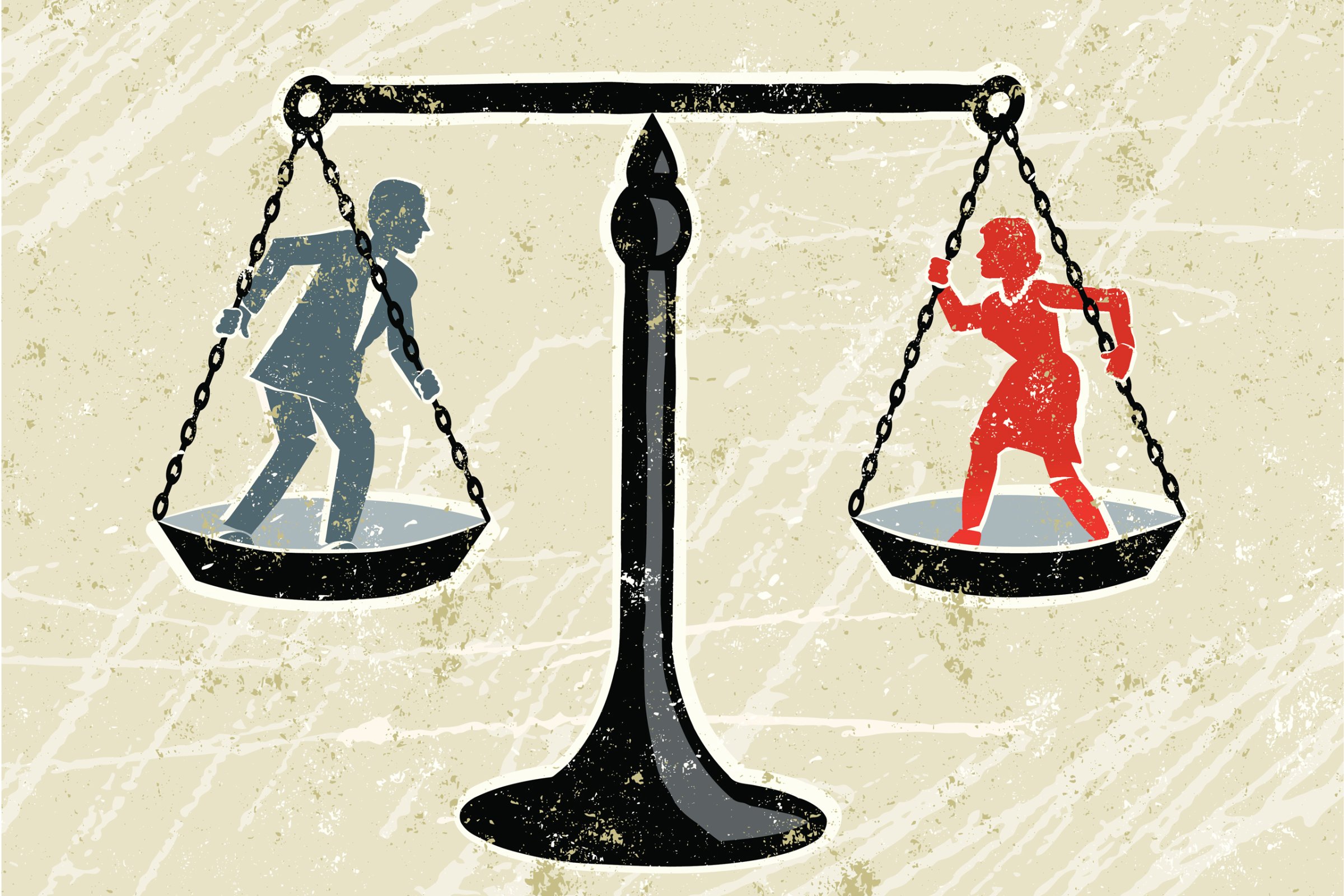
It may take 83 years to see the gender gap in health, education, economics and politics completely close, according to research released Tuesday.
The projection was released in the World Economic Forum’s Global Gender Gap Report for 2016, which surveyed 144 countries. The organization looked at the gap between women and men across four categories: health, education, economic participation and opportunity, and activity in politics.
Across those four categories, the difference is stark — enough to boil the gap between women and men down to a number: women are worse off than men by 31.7%, according to the study. The gap would take just about 83 years to overcome at our current pace.
Progress has been slow since the Index was created in 2006 and while there have been significant improvements in the health and education spheres, large gaps persist between genders in economic opportunity and political empowerment.
The level of gender equality in the economic sphere has reverted to its 2008 levels, as women’s access to economic participation and opportunity compared to their male counterparts stands at a gap of 41%. In a statement to Fortune, head of employment and gender initiatives at the World Economic Forum Saadia Zahidi said “Consistently, in the last three years, the rate of change is slowing down, and that’s starting to show up in economic gender parity numbers.” The report itself notes that while many countries have the potential to utilize the talents of women in the labour market, the attributes of skilled women remain under-utilized and are “either squandered through lack of progression or untapped from the onset.”
Results also showed that on average, women work 50 minutes more per day than men in both paid and unpaid work. Women also face barriers to accessing paid opportunities because of the lack of infrastructure supporting them as they take on greater shares of household work and caregiving that constitute unpaid work. This workload is shared unfairly, as results showed that on average, men do 34% of the unpaid work that women do.
The picture is also varied across different countries and regions in terms of their success in the Index rankings. Of the countries that were included in the same study last year, 68 have improved their overall gender gap score as 74 countries have seen their scores fall. In positive news, Scandinavian countries have led the way along with Iceland taking the top spot for the eighth year in a row and Rwanda broke into the top five countries having closed 80% of its gender gap. While the U.S. saw a 17 point drop on last year’s score, placing it 45th in the global table, Nicaragua showed the greatest sign of improvement, jumping 12 percentage points to 10th place and performing best in the Latin American and Caribbean region.
Although the forecast seems gloomy, the report includes significant country-specific positive news and recommendations, highlighting that “Across all countries, making full use of women’s capabilities paves the way to optimizing a nation’s human capital potential.”
More Must-Reads From TIME
- The 100 Most Influential People of 2024
- The Revolution of Yulia Navalnaya
- 6 Compliments That Land Every Time
- What's the Deal With the Bitcoin Halving?
- If You're Dating Right Now , You're Brave: Column
- The AI That Could Heal a Divided Internet
- Fallout Is a Brilliant Model for the Future of Video Game Adaptations
- Want Weekly Recs on What to Watch, Read, and More? Sign Up for Worth Your Time
Contact us at letters@time.com